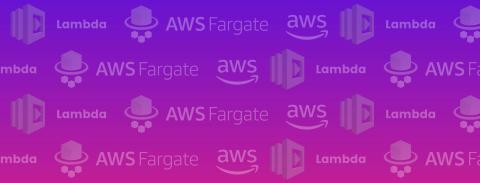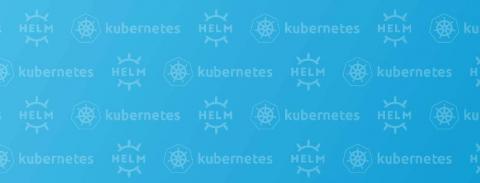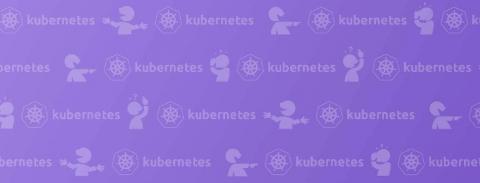Report: Lambda use among Blue Matador users in 2020
It’s no secret that AWS Lambda adoption has grown steadily since AWS first released it in 2015—and for good reason. The benefits of adopting Lambda are many: leveraging Lambda eliminates the need to provision and manage servers, enabling teams to just focus on their code without the mental and operational overhead of worrying about the underlying infrastructure.








